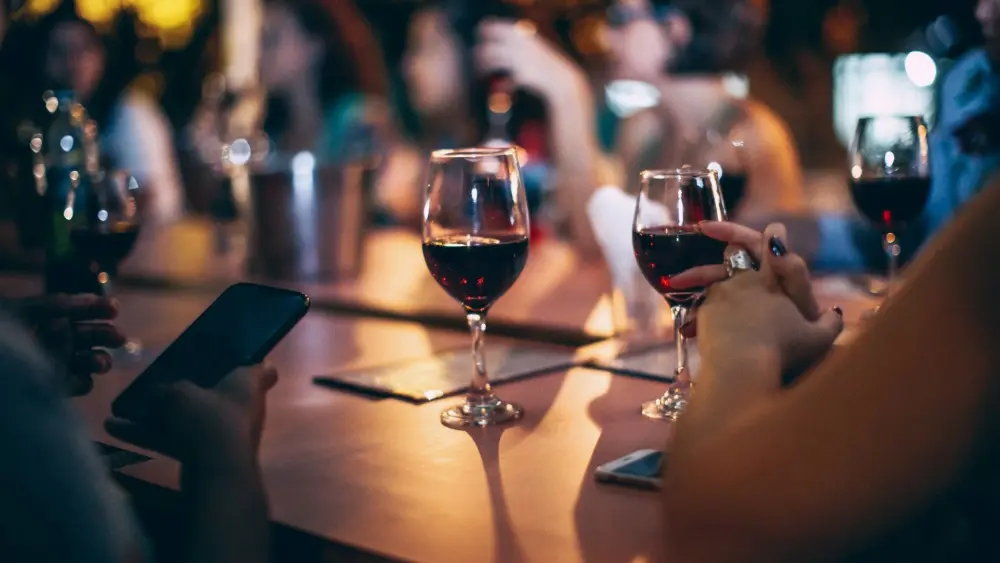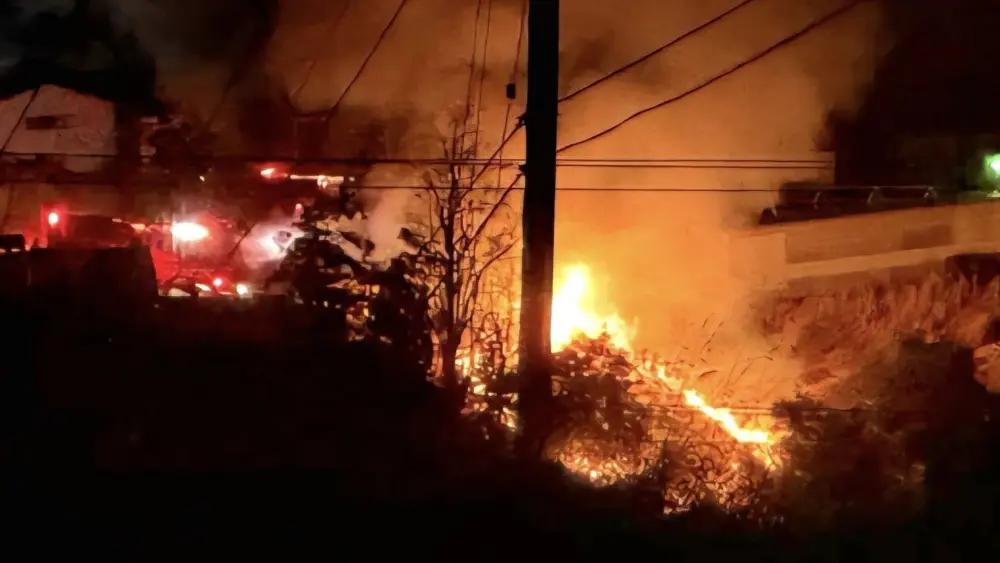The City of Lewiston is working closely with the Department of Environmental Quality in efforts to respond to the rupture at a city-owned reservoir that occurred on January 18, 2023, including community education regarding guidelines to follow for those currently under the boil water order.
The purpose of the boil water order is precautionary, as all water samples to date have come back clean. Crews were successful in isolating a portion of the water system late last week and therefore, the Department of Environmental Quality has given the City of Lewiston the green light to lift the boil water order for the customers that are no longer served by that reservoir. Customers who are currently still served by the affected reservoir should continue to follow the boil water order, and common practices for it, while crews continue to work on isolating the other portion.
Here’s a list of detailed common practices to follow for those under the boil water order:
General Guidance:
– Use bottled or boiled water for drinking, and to prepare and cook food.
– If bottled water is not available, bring tap water to a rolling boil for 3 minutes. After boiling, allow the water to cool before consumption.
– Boil tap water even if it is filtered (for example, by a home water filter or a pitcher that filters water).
– Do not consume water from any appliance connected to your water line, such as ice and water from a refrigerator.
Handwashing:
– You can use tap water and soap to wash your hands.
– Be sure to scrub your hands with soap and water for at least 20 seconds. Then, rinse them well under running water.
Bathing and Showering:
– You can bathe as usual.
– Avoid swallowing any water when bathing.
– Use caution when bathing babies and young children. Consider giving them a sponge bath to reduce the chance of them swallowing water.
Brushing Teeth:
– Brush teeth with boiled or bottled water. Do not use tap water that you have not boiled first.
Washing Dishes:
– Household dishwashers generally are safe to use if the water reaches a final rinse temperature of at least 150 degrees Fahrenheit (66°Celsius), or the dishwater has a sanitizing cycle.
To wash dishes by hand:
– Wash and rinse the dishes as you normally would using hot water.
– As a precautionary measure, in a separate basin, you may add 1 teaspoon of unscented household liquid bleach for each gallon of warm water and soak the rinsed dishes in the water mixture for at least one minute.
– Let the dishes air dry completely before using them again.
Laundry:
– It is safe to wash clothes as usual.
Caring for Pets:
-Pets can get sick from some of the same germs and pathogens as people, or spread germs to people. Give pets bottled water or boiled water that has cooled, if possible.




